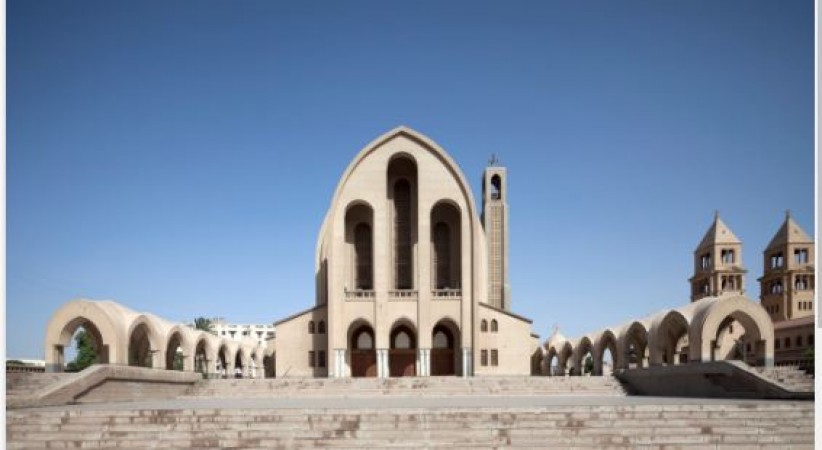
The Coptic Orthodox Church of Alexandria, Egypt, is one of the oldest Christian denominations in the world, with its roots dating back to the early days of Christianity. With a rich history spanning centuries, the Coptic Church has played a significant role in shaping the religious and cultural landscape of Egypt and the broader Christian community.
The Coptic Orthodox Church traces its origins to the Apostle Mark, who is believed to have introduced Christianity to Egypt in the first century AD. According to tradition, St. Mark founded the Church of Alexandria, making it one of the earliest Christian communities outside the Holy Land. The term "Coptic" comes from the ancient Egyptian word "Coptos," which means Egypt, emphasizing the church's deep historical connection to the land.
Also Read:Gold Coast, Queenland: Emerges as Top Tourist Destination
Throughout its history, the Coptic Church faced challenges and triumphs. It experienced periods of persecution under various rulers, including Roman emperors and later Muslim conquerors. Despite these difficulties, the Coptic Church persevered and has become an enduring institution in Egypt.
The Coptic Orthodox Church adheres to the Orthodox Christian faith and follows the teachings of the early church fathers and ecumenical councils. It accepts the Nicene Creed as a central statement of faith and emphasizes the divine nature of Jesus Christ while affirming his human incarnation.
Also Read:Malibu, California: A Coastal Gem of Endless Beauty and Celestial Appeal
One significant aspect of Coptic belief is its emphasis on monasticism. Egypt is renowned for its ancient monastic tradition, and monastic communities have played a vital role in the spiritual and educational life of the Coptic Church. Monasteries, such as the famous St. Anthony's Monastery and St. Catherine's Monastery, have been centers of learning and spiritual development for centuries.
The Coptic Orthodox Church of Alexandria is led by the Pope and Patriarch of Alexandria, who is considered the successor of St. Mark. The Pope holds a prominent role as the spiritual leader and symbol of unity for the Coptic community. Historically, the Coptic Pope was appointed through a process of selection and ordination, which involved the consensus of the clergy and lay representatives.
Also Read:Dura-Europos Church: Unearthing Ancient Christianity
Coptic worship follows a traditional liturgy that dates back to early Christian times. The liturgy is conducted in the Coptic language, a derivative of ancient Egyptian with added Greek influences. The Coptic language has served as a symbol of cultural preservation and continuity for the church.
Coptic liturgy is known for its elaborate rituals, chanting, and use of icons. The liturgical calendar is rich with feasts, fasts, and commemorations of saints and biblical events.
The Coptic Orthodox Church has a distinct artistic and architectural tradition. Coptic art, often found in illuminated manuscripts, murals, and icons, reflects a unique blend of Egyptian, Hellenistic, and Byzantine influences. Coptic churches, characterized by their simplicity and cross-shaped layout, showcase a fascinating fusion of architectural styles from different historical periods.
Also Read:Weifang: Exploring the Enchanting City of Kites
The Coptic Orthodox Church has significantly influenced Egyptian culture, history, and identity. It has provided a spiritual anchor for millions of Coptic Christians and has been a force for charitable work and community development in Egypt.
The Coptic Orthodox Church of Alexandria, Egypt, stands as a testament to the endurance of Christianity and its deep-rooted presence in the region. Its rich history, unique traditions, and profound influence make it an essential part of Egypt's cultural heritage. As it continues to navigate challenges and embrace its role in modern society, the Coptic Church remains a symbol of faith, resilience, and cultural pride for its followers and the broader Christian community.
Also Read:Unraveling Wuhan: A City's Resilience Amidst Adversity
Archaeologists Unearth New Discoveries at the Ancient Temple of Bel in Dura-Europos